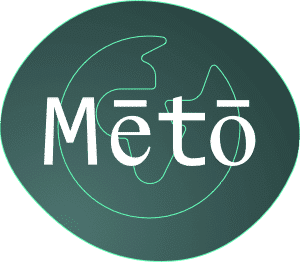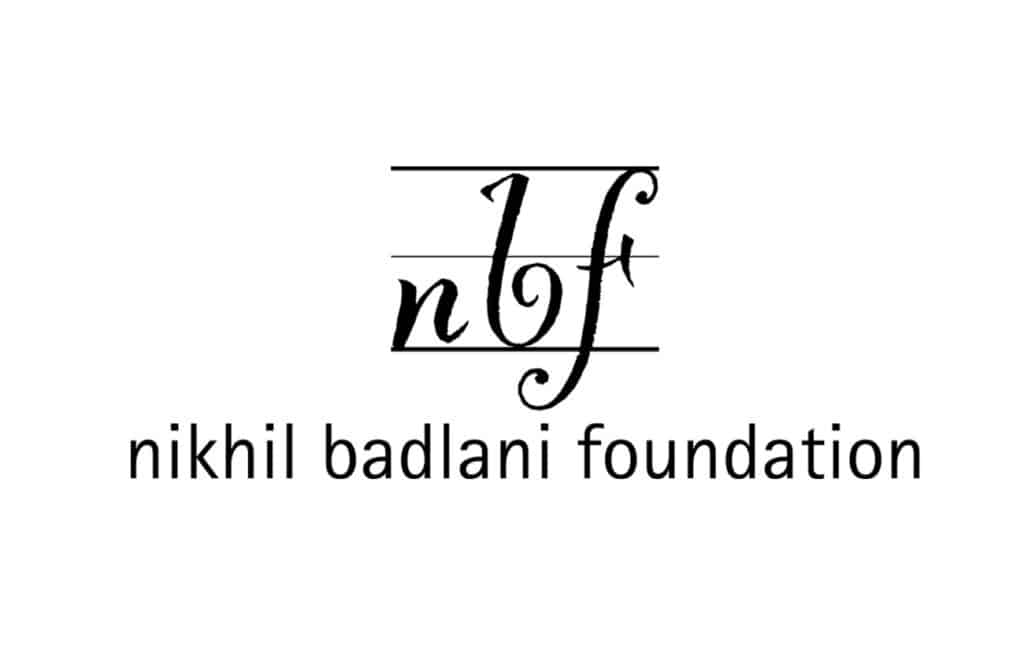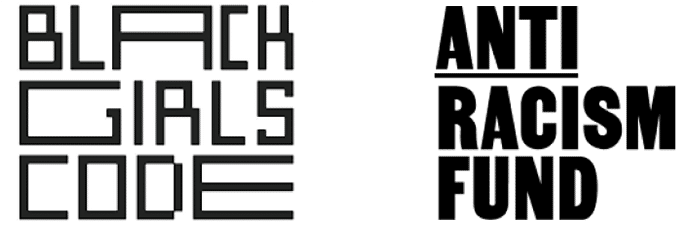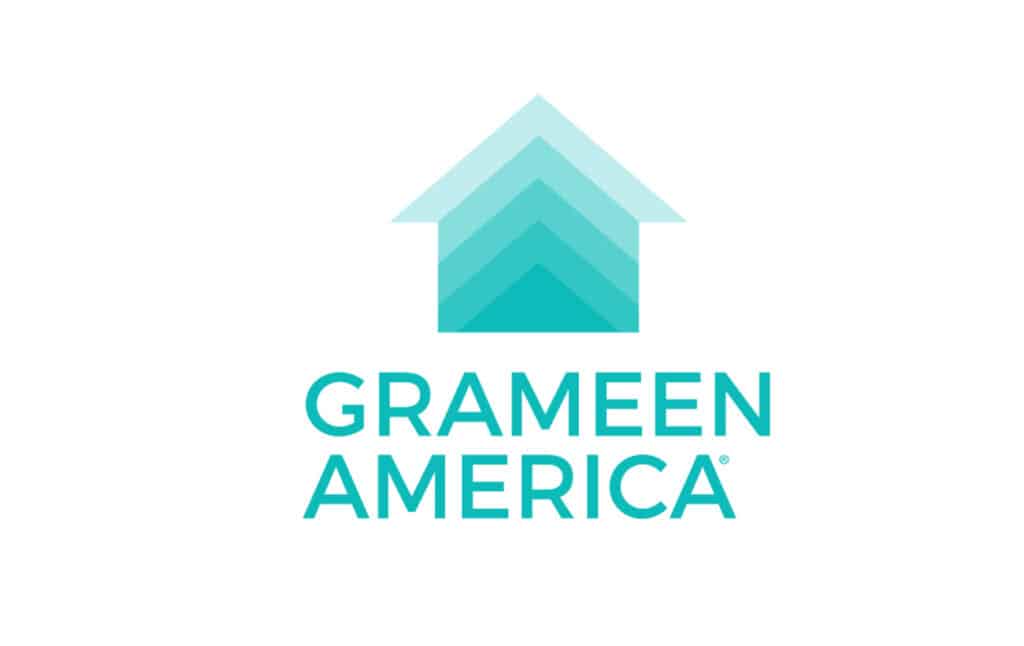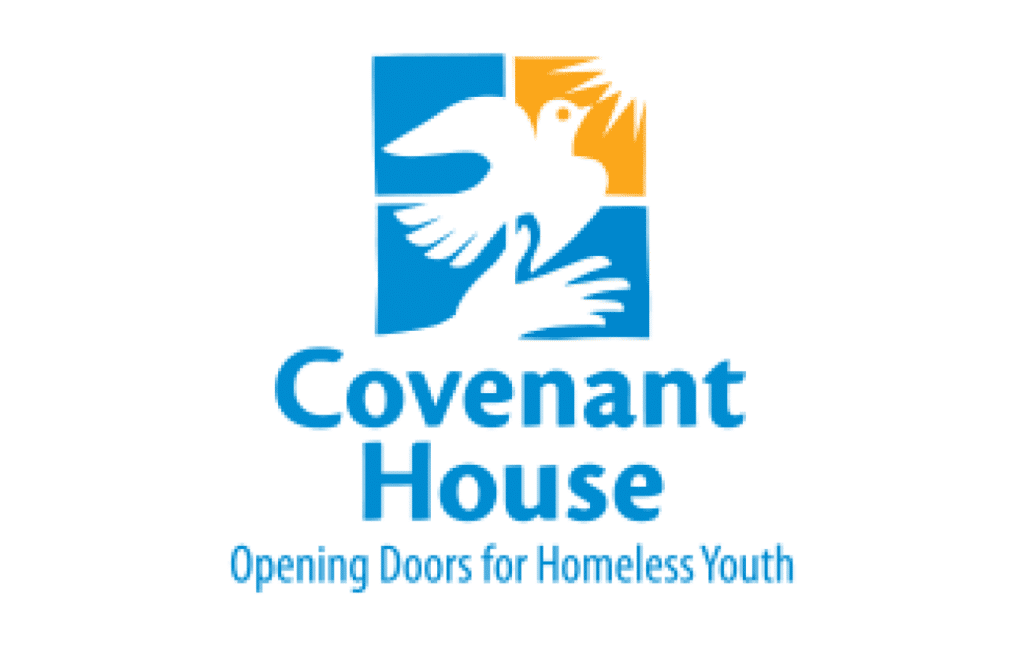In the second post of our series on marketing automation, we discussed the importance of looking at your organization holistically and establishing a well-defined future state before embarking on an automation journey.
Here we examine two other necessary precursors to the implementation of a successful automation strategy:
Understanding the difference between a task and a process, and creating a decision framework for campaign management workflows.
Mapping Your Workflow: Task, Process & Data Integration
Let’s begin by referring to the Campaign Management Workflow infographic we introduced in part one of our marketing automation series.
When looking at this illustration, we can break the workflow down further by identifying which steps are tasks, which steps are processes, and which steps involve data extraction and integration.
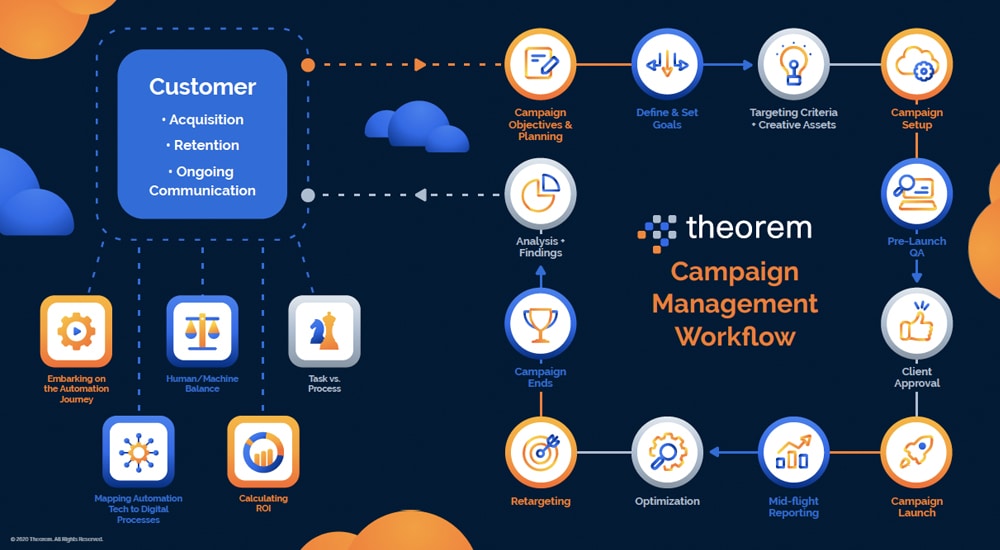
Each circle in the workflow is a task (i.e. targeting criteria/creative assets and campaign setup), while each line between each circle is a process (i.e. the transition from targeting criteria and creative assets to setting up your campaign).
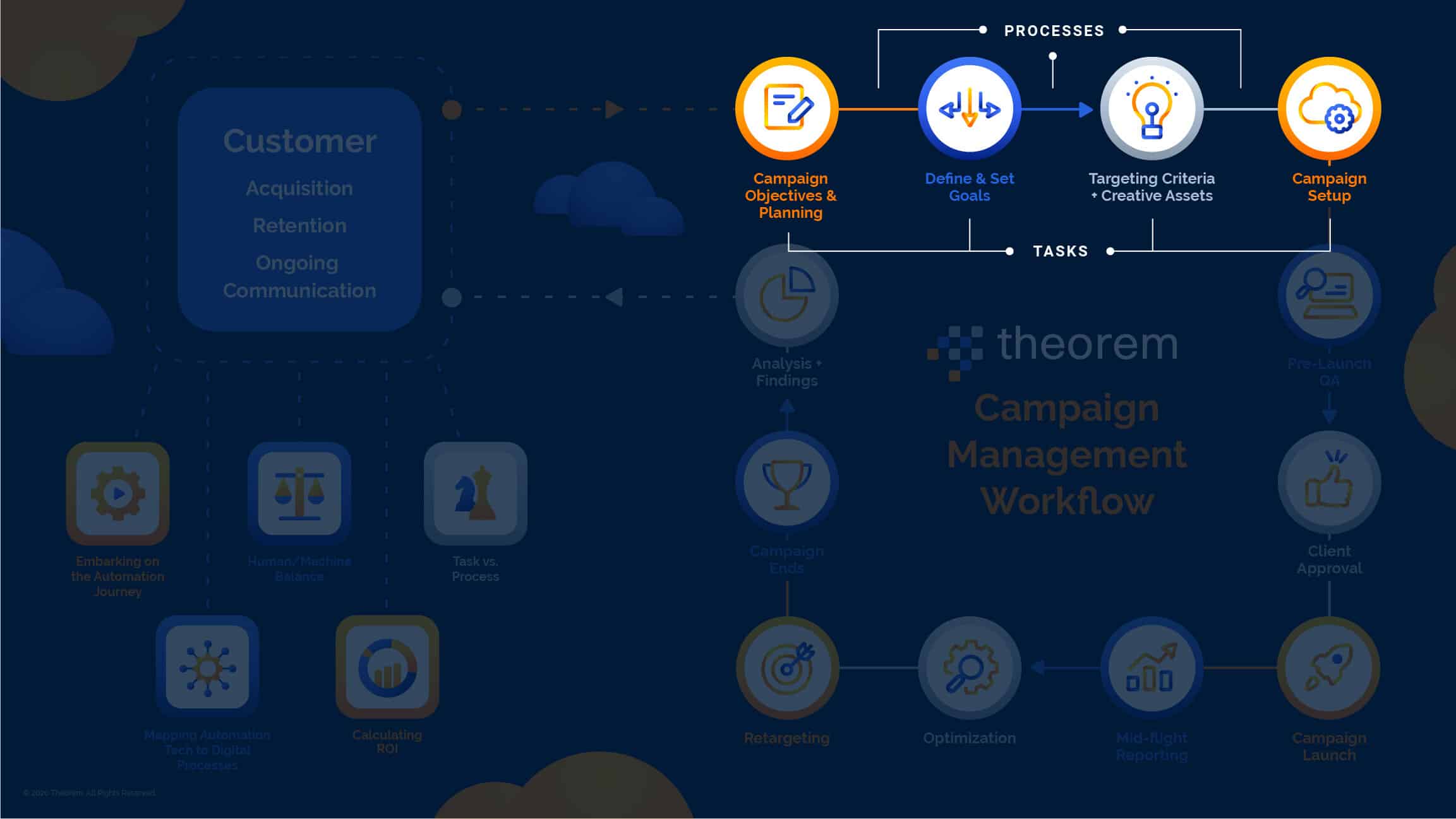
The tasks in this workflow are discreet, repetitive, and rule-based, and therefore lend themselves well to robotic process automation (RPA). They also tend to occur independently from each other in different platforms.
The processes, on the other hand, are entire sequences that work most effectively when they live within the same platform. If you apply this workflow to an email marketing campaign, for example, the process from campaign setup to analysis and finding would occur within a single platform such as Sailthru or Salesforce.
It’s much easier to automate marketing tasks and processes that exist within the same channel, whether it be email, social media, programmatic, or display. When you have cross-channel campaigns that touch two or more platforms, the automation process becomes much more challenging and may not be worthwhile from a cost-benefit perspective.
Finally, there are tasks in the workflow that rely on data—mid-flight QA, optimization, and analysis and findings. These need to be identified, as they will involve the extraction of data from multiple sources and platforms. There will need to be an automated way to input and output this data, either through APIs or other means like Salesforce’s Mulesoft integration platform.
One Technology Will Not Fit All
Unfortunately, there is no single technology that will meet all the needs for the automation of tasks, processes, and data extraction. This is why using a decision framework is so essential for success. Without it, you’ll end up with a mishmash of requirements and short-term solutions that do not benefit your organization as a whole.
Remember: When it comes to automation, one of the biggest mistakes an organization can make is to put its tech needs first.
You also need to break down the tasks and processes in your workflow and create a decision framework to figure out what can and should be automated. Only once these processes are complete should you begin searching for the automation technology that best suits your needs.
Creating a Decision Framework For Marketing Automation
A strong decision framework will include the following questions:
- Is the goal to automate repetitive human tasks? End-to-end campaign processes? Data extraction by integrating applications and systems?
- Will you automate one, two, or all three?
- Does your organization have the wherewithal (most importantly, the budget, skills, maturity, and technology) to successfully implement these automation strategies?
That final bullet is especially crucial for digital marketers to consider, as these capabilities are common in tech and IT services businesses, not marketing companies. Some marketing organizations will simply not have the tech skills or methodologies in place to embark on an automation journey of this magnitude.
If you need help answering your decision framework, you can focus on short-term solutions.
Try automating routine campaign tasks and processes that don’t require complex integration and don’t change frequently.
In doing so, you’ll likely discover longer-running processes that you cannot automate.
But you can use the human effort saved by the short-term automation to free up resources for long-term strategic integration process design and more high-end campaign management and recommendation tasks.
In Short:
Implementing a successful automation strategy takes careful planning and a nuanced understanding of how the elements of a campaign management workflow operate. You need to distinguish between the tasks and processes in your workflow, identify which rely on data extraction and analysis, and create a decision framework for determining how automation should be applied throughout your organization.
Following these steps will allow you to build a solid foundation for the organization as a whole; one that keeps your business grounded through the changes and challenges automation inevitably brings.
Stay tuned for our next post in this series, in which we’ll examine one such challenge—finding the balance between the human and machine elements of marketing automation.


